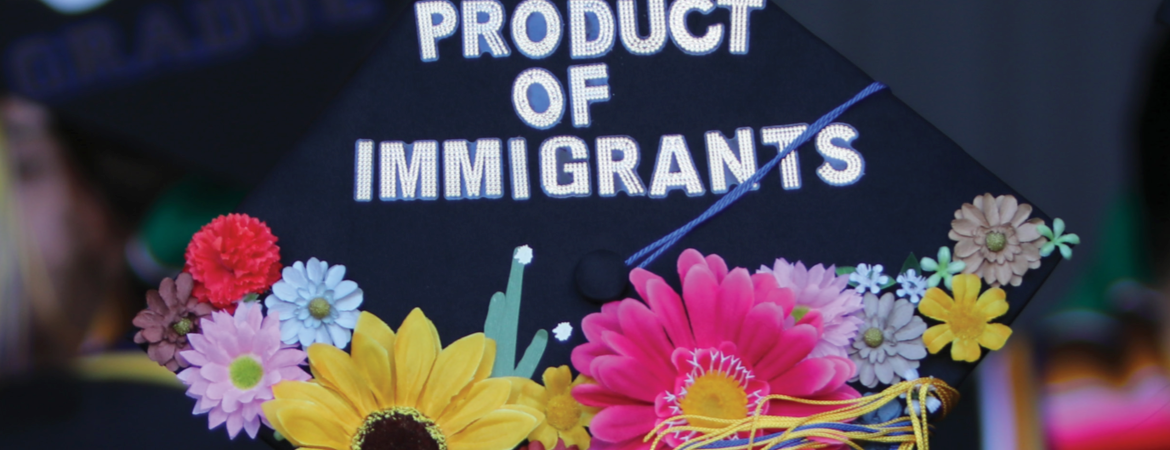
UC Riverside professors worked with other University of California researchers to produce a report on how immigration policies are affecting students’ academic, mental, and emotional wellbeing.
The report, co-authored by Jennifer R. Nájera, associate professor and chair of the Department of Ethnic Studies, and Cecilia Ayón, professor of public policy, along with colleagues from UC Irvine and UC Merced, is based on findings from a spring 2020 survey involving more than 2,700 undergraduate students across the University of California system.
At UCR there are about 550 undocumented students and nearly 4,000 in the UC system.
Survey results indicate that undocumented students, as well as U.S.-born students in mixed-status families, meaning those with undocumented family members, have greater instances of depression, financial instability, and are more likely to have low grade point averages.
Some key takeaways:
- Undocumented students and those from mixed-status families experience higher levels of depressive symptoms that warrant clinical treatment.
- 10% of undocumented students and 12.5% of U.S. citizens with undocumented parents reported GPAs below 2.5, compared to 6% of U.S. citizens whose parents have lawful immigration status.
- U.S. citizens with undocumented parents report similar levels of financial and legal vulnerability as undocumented students; about three in five reported food insecurity and nine in ten worried about family separation.
- 40% of undocumented students and 52% of U.S. citizens with undocumented parents reported that they, a family member, and/or a friend had been involved in deportation proceedings, detained, or deported, compared to 23% of U.S. citizens whose parents have lawful immigration status.
The UC system has done a good job providing services that focus on the needs of undocumented students, Nájera said, but there is more to be done.
“This survey revealed to us that focusing on undocumented students is not enough,” Nájera said. “There is a significant number of U.S. citizen students from mixed status families who are also deeply affected by immigration policies. Our hope is that this study outlines some of the broad needs of this larger community of ‘immigration-impacted’ UC students.”
The study, “Advancing Equity for Undocumented Students and Students from Mixed-Status Families at the University of California” was led by Laura Enriquez, UCI associate professor of Chicano/Latino studies, and also co-authored by Annie Ro, associate professor of public health at UCI, and Zulema Valdez, associate vice provost for faculty and professor of sociology at UC Merced.
The researchers are also asking the UC to consider these five key policy recommendations:
- Expand undocumented student services to serve all students impacted by immigration policies.
- Consider the unique needs of all immigration-impacted students when designing campus services, particularly financial and mental health support.
- Build innovative collaborations between offices that focus on immigration-impacted students and campuswide resources.
- Provide professional development for all staff on how to answer immigration-related questions.
- Improve understanding of and communication with the immigration-impacted student population.
Read the full report: “Advancing Equity for Undocumented Students and Students from Mixed-Status Families at the University of California.” This work was part of the multicampus initiative UC Collaborative to Promote Immigrant and Student Equity, also known as UC PromISE, funded by the Office of the President.



